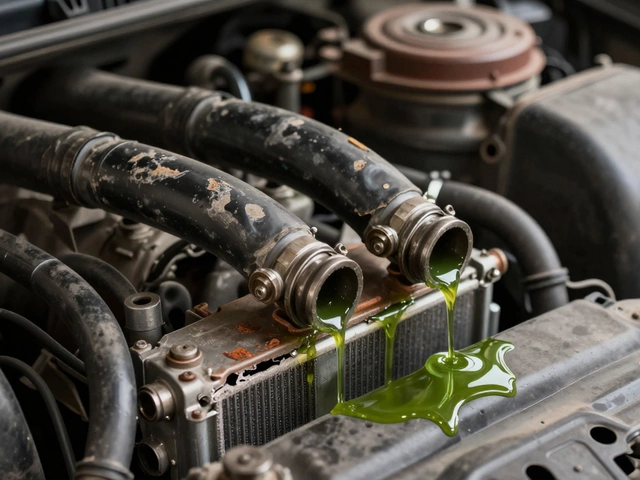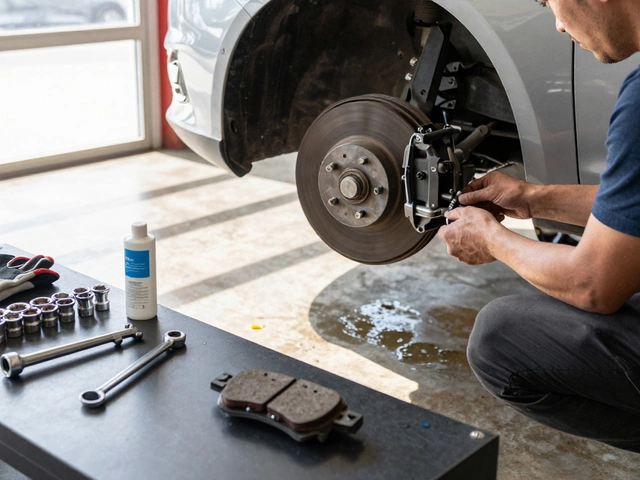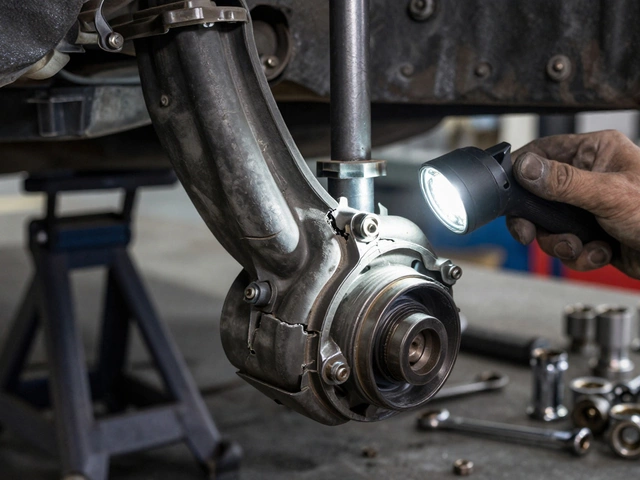Expensive vs Cheap Car Parts: What Really Matters for Your Vehicle
When you’re faced with a broken part, the choice often comes down to expensive vs cheap car parts, the trade-off between upfront cost and long-term reliability in automotive components. Also known as premium vs budget auto parts, this decision affects everything from your safety to how often you’ll be back in the shop. It’s not just about saving money now—it’s about knowing what actually lasts, what puts you at risk, and where cutting corners can cost you twice as much later.
Take brake rotors, the metal discs that work with brake pads to stop your car. Also known as disc brakes, they’re one of the most common places people try to save money. Cheap rotors might look fine at first, but they warp faster under heat, cause vibrations, and wear out brake pads in months instead of years. On the other hand, high-quality rotors are designed to handle repeated braking without warping, even on long highway drives or hilly roads. The same goes for shock absorbers, the components that smooth out bumps and keep your tires on the road. Also known as suspension dampers, cheap ones don’t control movement well, leading to uneven tire wear, poor handling, and even longer stopping distances. You might save £50 on a set today, but you’ll pay for it in tire replacements, alignment costs, and safety risks.
Then there’s the fuel pump, the part that delivers fuel from the tank to your engine under pressure. Also known as fuel delivery system component, it’s not something you want to skimp on. A cheap fuel pump might run quietly at first, but it can fail suddenly—leaving you stranded on the side of the road. Genuine or high-grade pumps are built to last longer, handle temperature changes better, and deliver consistent pressure. The same logic applies to spark plugs, air filters, and even windshield wipers. It’s not that expensive parts are always better—but the cheap ones often fail in ways that cost you more in the long run.
Here’s the truth: not every part needs to be top-tier. Some components, like cabin air filters or basic bulbs, are fine with budget options. But when it comes to parts that affect stopping, steering, or engine performance—like rotors, shocks, or fuel pumps—going cheap is a gamble with your safety and your wallet. The posts below show you exactly where to spend and where you can save, using real examples from actual repairs done in Stevenage. You’ll see how one driver saved money by replacing rotors the right way, how another avoided a breakdown by choosing a better fuel pump, and why skipping a shock absorber upgrade turned into a £600 tire bill. No theory. No fluff. Just what works.





